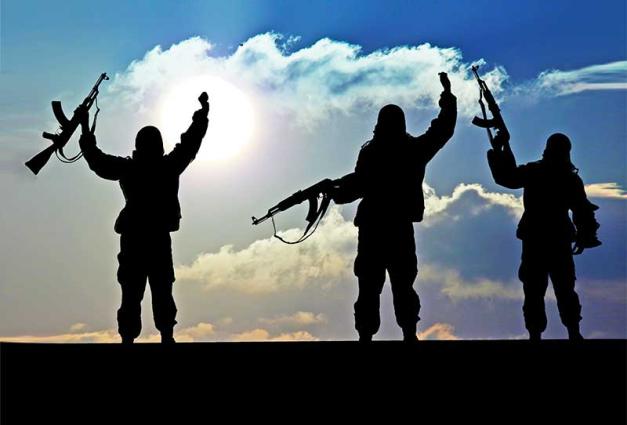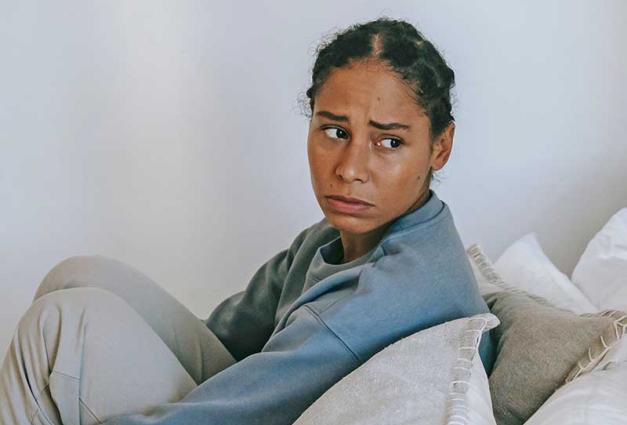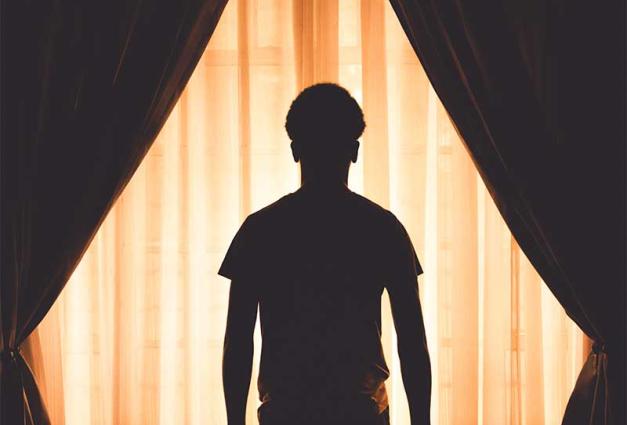More than 33,000 people in the United States die from gun-related injuries each year, making firearms the second leading cause of injury-related death. Many of these deaths could be avoided through policy—for example, Australia all but eliminated gun deaths through a series of gun control measures that included a massive gun buyback program, an assault weapons ban, and strict gun-trafficking policies. In the U.S., the current political climate would prohibit such dramatic changes. And yet, we believe there is still room for politically viable gun legislation that will save lives.
Our recent empirical research shows that handgun waiting periods that delay gun purchases (typically by a few days) lead to large reductions in gun violence and can provide a politically acceptable revision to U.S. gun policy.
To understand why waiting periods can have a significant impact it is helpful to consider the behavioral foundations underlying such a policy. Research from behavioral economics and psychology has found that intense emotions like anger and sadness—“visceral factors,” in academic language—can cause people to take actions they later regret, such as resorting to gun violence.
Yet research also suggests that these emotions are often transitory. Given sufficient time to cool off, the types of intense negative emotions that lead to violent tendencies can pass. This suggests that inserting even a short delay in the gun-buying process has the potential to reduce gun violence, without restricting anyone’s right to own a gun. (Delaying a gun purchase might have the additional benefit of closing the window of opportunity for would-be perpetrators of violence to harm their victims.) In a recent project, we set out to test the impact of handgun waiting periods, which impose precisely such a delay, on homicides.
Continue reading the post by visiting Behavioral Scientist.




